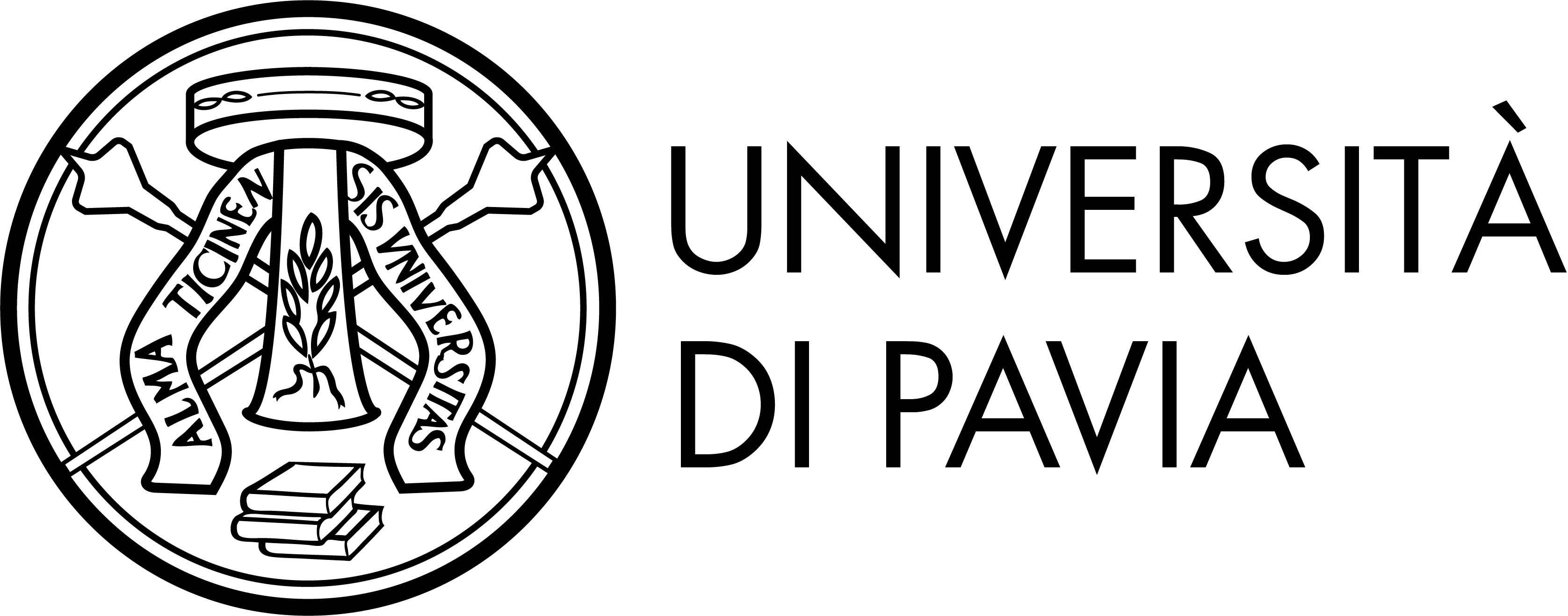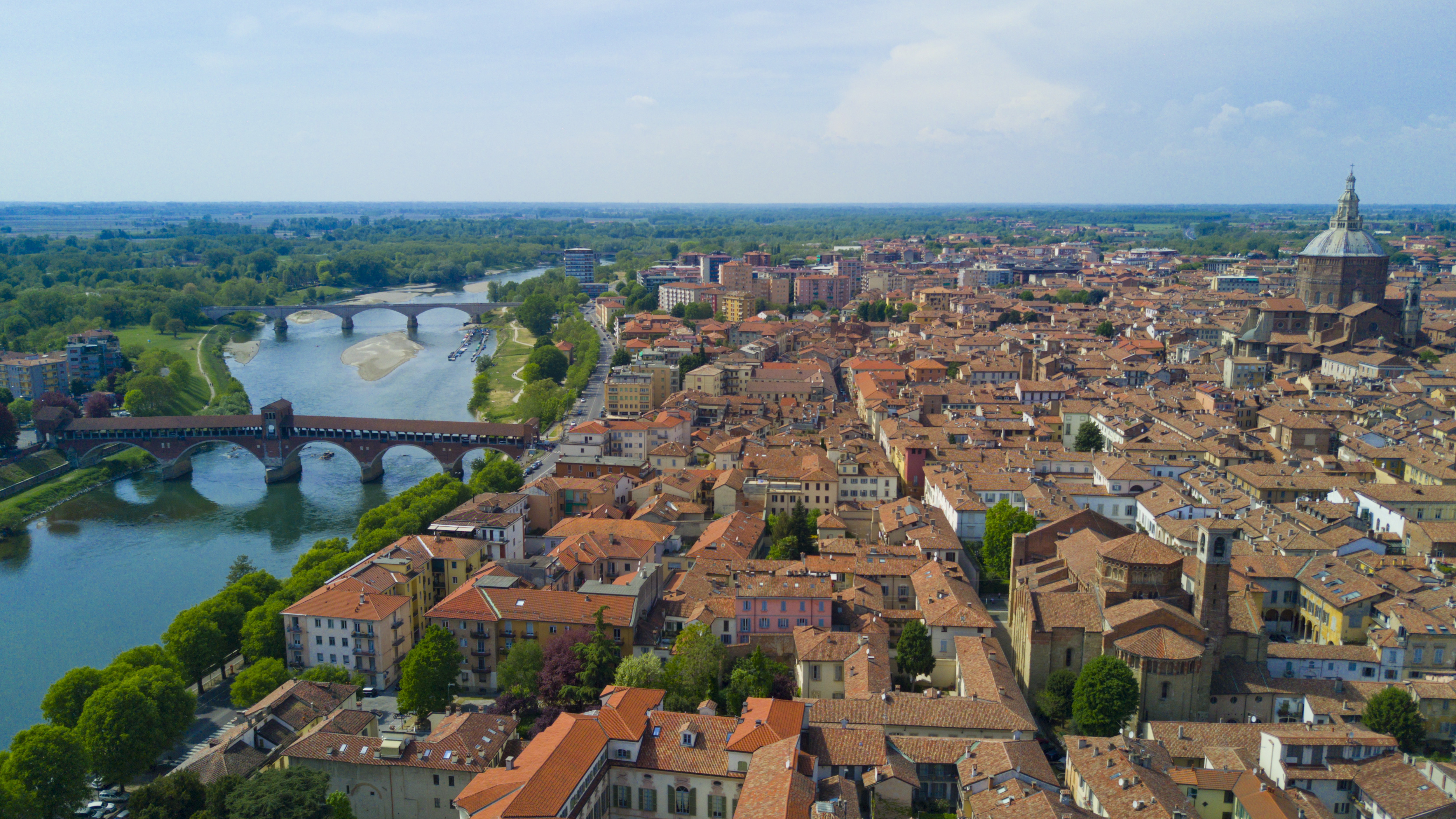Double Degree Master Programme in Development Economics - Pavia
CONTACTS

Prof. Claudia Tarantola
Academic Advisor
claudia.tarantola@unipv.it
Mr. Federico Franceschini
Administrative Advisor
Department of Economics & Management
[Double Degree program coordinator]
Università degli Studi di Pavia
double-degree.dem@unipv.it

Contact at the University of Clermont Auvergne
Prof. Jean-François Brun
Academic Advisor
Centre d'Etudes et de Recherches sur le Développement International (CERDI)
j-francois.brun@uca.fr
Claudine Belot
Administrative Advisor
University of Clermont Auvergne
International relations
Claudine.belot@uca.fr
DOCUMENTS TO DOWNLOAD
Programme descriptionAdmission criteria
Application form
More about Pavia

